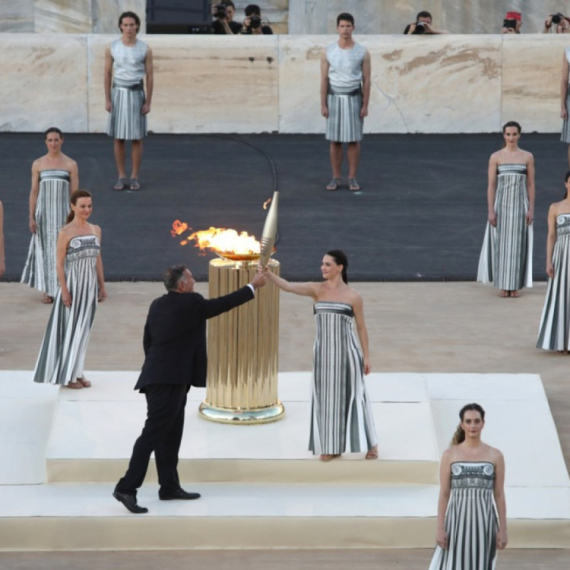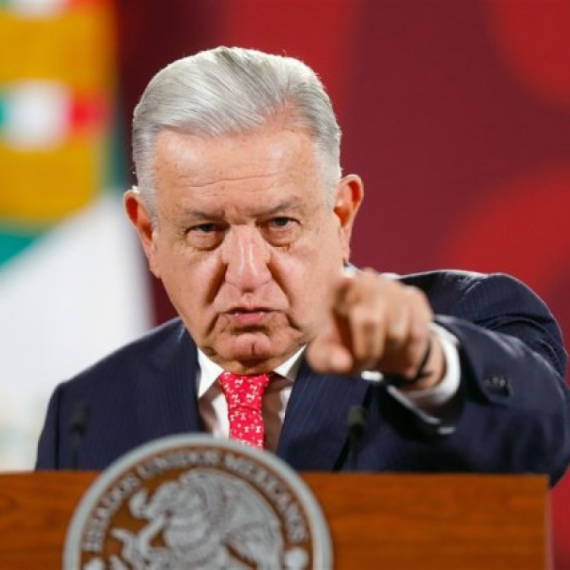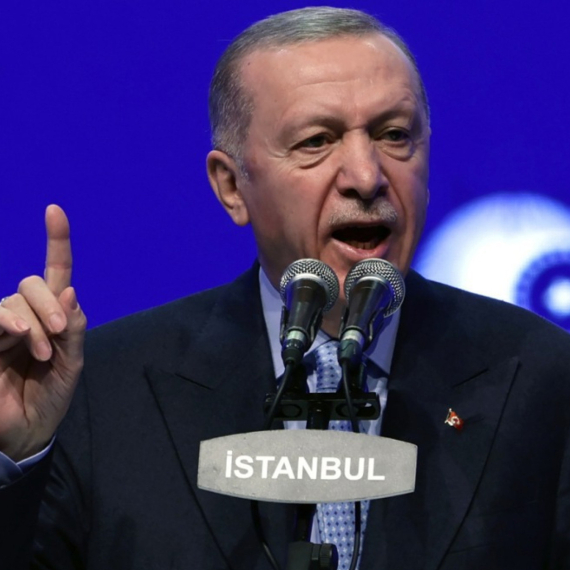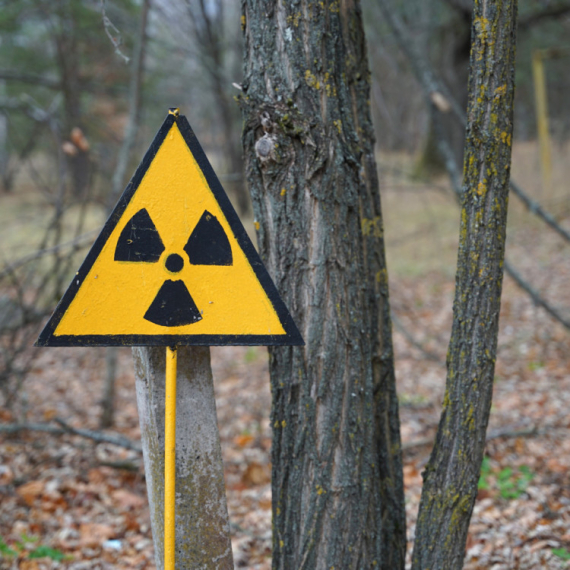Tunisia marks two years since "changes"
Tunisia is marking two years since the start of the so-called Arab Spring, that has failed to bring the country either peace or stability.
Monday, 17.12.2012.
15:38

TUNISIA Tunisia is marking two years since the start of the so-called Arab Spring, that has failed to bring the country either peace or stability. People are still unhappy and society is increasingly polarized, reports from the northern African country are saying. Tunisia marks two years since "changes" The media are reporting about the anger and bitterness in Sidi Bouzid, the place where a street vendor set himself on fire two years ago in protest against poverty and police harassment. Local newspapers today are noting continued poverty, high unemployment, poor economic and industrial infrastructure, according to AFP. President of Tunisia Moncef Marzouki will visit the vendor's grave during the day, while the presence of the country's prime minister was "uncertain". Protesters from December 2010, the victims of the regime repression, remain angry over the poor economic situation in the region. "The city og Buzajen Menzel (south of Sidi Bouzid) gave so much for the revolution, but got nothing in return in terms of investment and development. The situation is even worse, unemployment has increased," said one of the residents. The government, led by an Islamist party, is the target of these criticisms. Some of the organizers of a festival to mark the anniversary resigned last week in protest over the interference of the Islamists. Tunisia has trouble stabilizing. Sidi Bouzid and other cities in Tunisia in recent months have been the scene of clashes between protesters and the police. Deutsche Welle is reporting that several hundred people were wounded in the unrest that rocked Tunisia in late November. In the northern part of the country, the police engaged in several days of street clashes with members of trade unions, resulting in injury of more than 300 people. On December 4, radical Islamists assaulted a number of participants of a meeting organized by the UGTT trade union. The situation is tense in other parts of the country as well. The protests in Tunisia two years ago marked the beginning of the "Arab Spring" and quickly spread to other Arab countries. Today, the ruling Ennahda party and Salafis wish to see Islam dominate politics and society, which causes fears among the non-religious population. (Beta/AP, file) Beta
Tunisia marks two years since "changes"
The media are reporting about the anger and bitterness in Sidi Bouzid, the place where a street vendor set himself on fire two years ago in protest against poverty and police harassment.Local newspapers today are noting continued poverty, high unemployment, poor economic and industrial infrastructure, according to AFP.
President of Tunisia Moncef Marzouki will visit the vendor's grave during the day, while the presence of the country's prime minister was "uncertain". Protesters from December 2010, the victims of the regime repression, remain angry over the poor economic situation in the region.
"The city og Buzajen Menzel (south of Sidi Bouzid) gave so much for the revolution, but got nothing in return in terms of investment and development. The situation is even worse, unemployment has increased," said one of the residents.
The government, led by an Islamist party, is the target of these criticisms. Some of the organizers of a festival to mark the anniversary resigned last week in protest over the interference of the Islamists.
Tunisia has trouble stabilizing. Sidi Bouzid and other cities in Tunisia in recent months have been the scene of clashes between protesters and the police.
Deutsche Welle is reporting that several hundred people were wounded in the unrest that rocked Tunisia in late November. In the northern part of the country, the police engaged in several days of street clashes with members of trade unions, resulting in injury of more than 300 people.
On December 4, radical Islamists assaulted a number of participants of a meeting organized by the UGTT trade union. The situation is tense in other parts of the country as well.
The protests in Tunisia two years ago marked the beginning of the "Arab Spring" and quickly spread to other Arab countries. Today, the ruling Ennahda party and Salafis wish to see Islam dominate politics and society, which causes fears among the non-religious population.




























Komentari 3
Pogledaj komentare